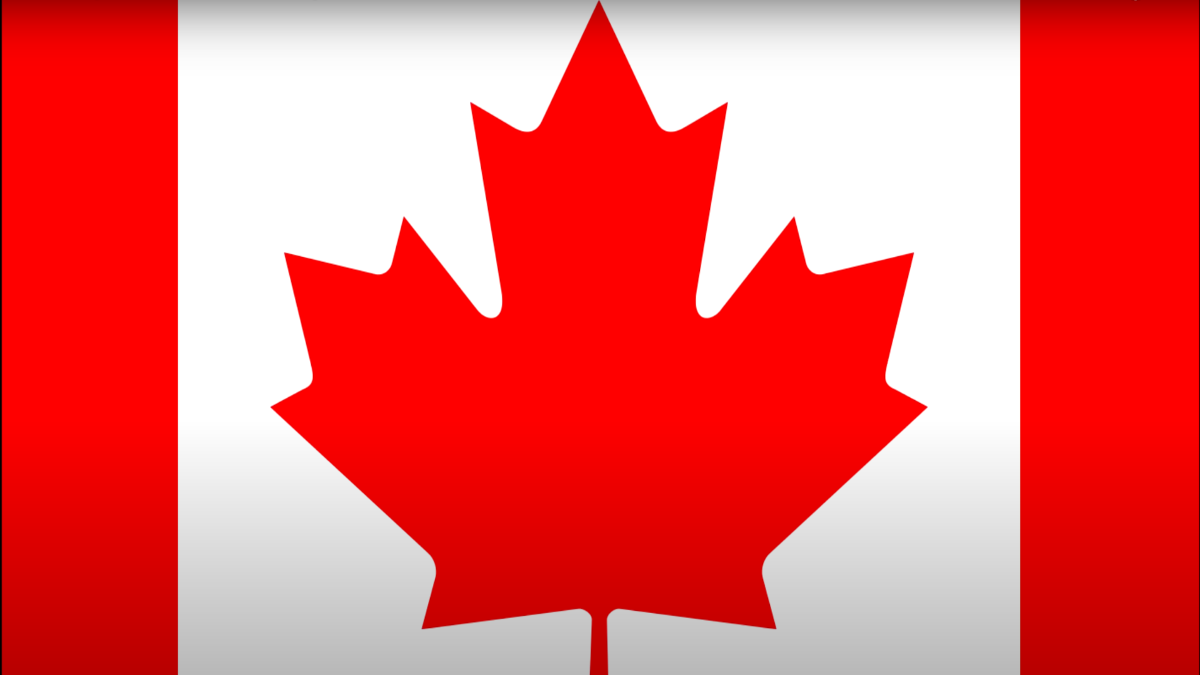Canada-India Diplomatic Dispute is an impact on Canadian Universities as study permits for Indian students plummet.
Last year, Canada gave way fewer study permits to Indian students. This drop happened after India kicked out Canadian diplomats handling the permits. Also, fewer Indian students applied due to a disagreement over the murder of a Sikh separatist leader in Canada. A top Canadian official shared this info with Reuters.
Marc Miller, the Immigration Minister, said in an interview that he thinks the number of study permits for Indians won’t go up soon. Problems started after Canada’s Prime Minister, Justin Trudeau, said in June that Indian government agents might be linked to the Sikh leader’s murder in British Columbia. These tensions are likely to affect the numbers in the future, according to Mr. Miller.
“Our relationship with India has really hurt our ability to process a lot of applications from India,” Mr. Miller explained. In October, Canada had to bring back 41 diplomats from India because of orders from New Delhi. Also, the dispute made Indian students consider studying in other countries, said a spokeswoman for the minister.
All these factors caused an 86% decrease in study permits for Indians in the last quarter of the previous year compared to the quarter before. The number went down from 108,940 to 14,910, as per official data not reported before. C. Gurus Ubramanian, counselor for the High Commission of India in Ottawa, said some Indian students are exploring other options than Canada because of concerns about facilities in some Canadian institutions.
Indians have been the biggest group of international students in Canada lately, with more than 41% (225,835 permits in 2022). “I can’t predict how the diplomatic relationship will change, especially if charges are brought against someone,” Mr. Miller said. “I don’t see any resolution in sight.”
International students bring in a lot of money for Canadian universities – around C$22 billion ($16.4 billion) each year. If this slows down, it’ll hit the institutions hard. In June, Canada said there were “credible” allegations connecting Indian agents to the Sikh leader’s murder in a Vancouver suburb. India rejected this claim. No one has been charged for the killing by Canadian authorities.
The Canadian government is also trying to lower the overall number of international students coming to the country, partly because of a lack of housing. “Right now we have a challenge with the sheer volume” of students coming in, Mr. Miller said. “It’s just gotten out of control and needs to be reduced — I would say — significantly over a short period of time.”
Mr. Miller mentioned that the government will introduce other ways to lower the number of international students in the first half of this year, maybe even a cap. Canada is a favorite for international students because it’s quite easy to get work permits after finishing courses. The government plans to adjust a very generous program for postgraduate work permits and tackle “fly-by-night” universities, also known as designated learning institutes. The government is also planning to limit the number of off-campus work hours for international students, which worries the food service and retail industries about possible labor shortages.
In 2023, the government expects around 900,000 international students to study in Canada, three times more than a decade ago. Miller said 40% of those students, about 360,000, would be Indian. Even though the number of permits given to Indian students dropped by 4% last year, they still make up the largest group.






